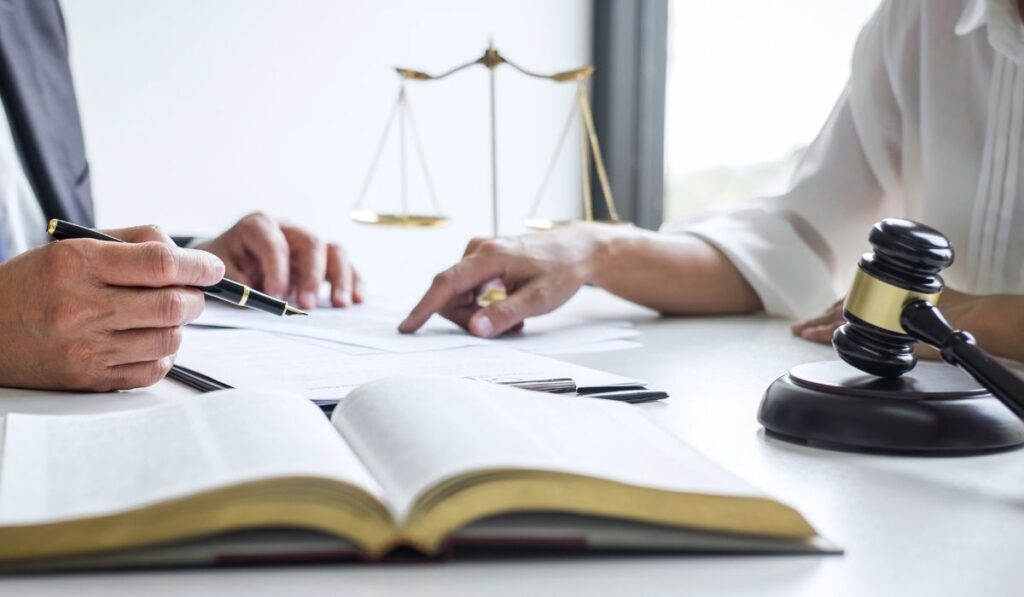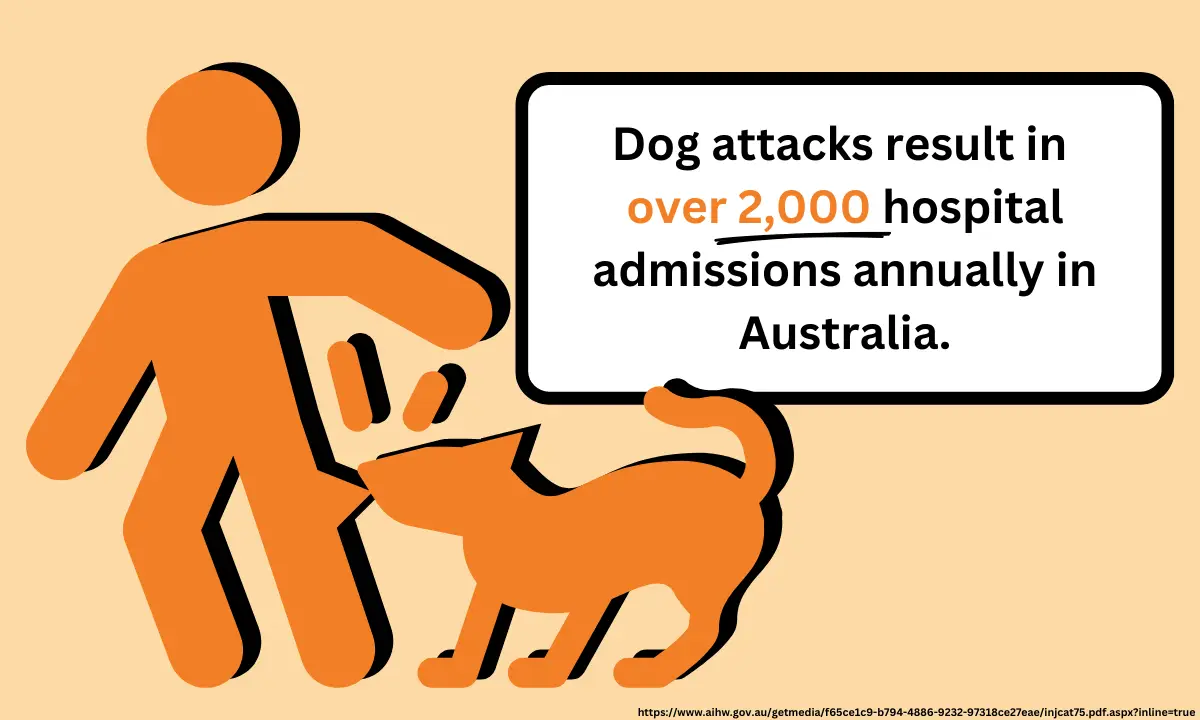
If you suffered an injury and have a compensation claim, this is a guide written by our compensation lawyer on what not to do if you want to get the best result for your compensation claim with the best tips on what you should do to win and get the best compensation result possible.
No evidence, no problem? NO! step 1 in losing your compensation claim.
The most people who get the least favourable results in any compensation claim is the claim that lacked evidence. Evidence alone can speak volumes. The thing is most compensation claims are payout claims meaning that they are based on speculation, based on strong evidence, of what you were capable of doing before your injury, compared to after your injury. If you can’t provide evidence that you were, prior to a car accident, for example about to start a new job and earn income, the percentage of that loss being compensated will be much higher if you had evidence to support that. You alone making that claim is not enough. Not only does evidence help you in proving your loss to compensate you for your losses but it also increases the chances of your future economic loss (loss of income) claim being strengthened.
Not reporting your injuries – step 2 in losing your compensation claim
There is a popular saying that is relevant here, if it’s not in writing, it doesn’t exist!
If you don’t report all of your injuries and how they affect you to your treatment providers as soon as possible (i.e doctors, physiotherapist or psychologist etc) then it will be very difficult to link your injuries and/or disabilities to the cause of that injury, be your injury as a result of a motor vehicle accident, work injury, slip and fall or an illness that is preventing you from working, enabling you to otherwise be eligible in making a TPD claim. Not to mention the importance of ensuring your treatment providers have the whole picture of your injuries and/or disabilities for the sake of your wellbeing. The thing is, contemporaneous evidence has one of the most powerful impacts in a compensation claim. Our personal injury lawyer, as much as possible, for the sake of your interests, needs to reference contemporaneous (existing at or in the same time) evidence.
An example of something that is contemporaneous is the medical file your GP keeps that contains what is reported in your consultation with that GP when you visit. It contains the date and what your GP reported occurred during that time. Now let’s say that you told many people including me for example that the car accident you were involved in caused you a back injury but there is no contemporaneous evidence to support that, and months pass by, it would be difficult in proving that your back injury was in fact caused by the accident. The insurer could argue that the back injury could have been caused by any other factor and not the car accident. That is why it is important to ensure your doctor takes into account all your injuries in order for you to get the best possible treatment. That will also help you ensure your benefits or payout, depending on the type of compensation claim you have, get the best result.

Don’t be believed - step 3 in losing your compensation claim.
Not being accepted as a truthful person is an excellent way to lose a compensation claim. Before you get offended, you need to understand that the insurer, almost always never meets you nor knows you personally. Your intention of being a good person or what have you is not enough to get the best result in a compensation claim. To get the best result, truthfulness or what is more commonly used in claims, credibility, needs to come across through all the documents and paperwork that is relevant to you. An example of that that is common is when you are asked a question by an independent medical examiner (IME) about your pre-accident injuries which you didn’t disclose despite it being in your medical history. Did you know that the IME may write that you denied having pre-existing injuries? Most people honestly forgot and their lawyers didn’t mention it to them when reviewing their medical records. That mistake even if genuine, could be used against you in your claim. Its easy, disclose truthfully and you wont have to worry about your own actions affecting your claim and instead focus on getting better and leaving the claim management to our lawyers.
Do it yourself – step 4 in losing your compensation claim.
Of course, its not a requirement to have compensation lawyer act on your behalf for your claim. Personally, I don’t recommend it because I have never seen a client tell me at the end of the claim that they did it themselves.
If you do decide to do it yourself, I recommend at least consulting a compensation lawyer like us who offers a free claim assessment or free initial consultation so you better understand your entitlements and how to claim them.
The most important things to bear in mind is the time limits that apply during the course of and depending on the type of claim, the process, the level of experience the insurer has compared to your experience and what the payout claim means to you even if your injuries deteriorate in the future, i.e unable to reopen a claim that has been resolved.
Compensation Lawyers - Get legal assistance from our No Win No Fee Lawyers
Our job is to make sure all your injuries, evidence and future losses are taken into account in your compensation claim to make sure your future is protected. Our law firm operates on a clear No Win No Fee policy meaning you don’t pay us for our costs until the successful completion of your claim. Contact us today for a free claim assessment and get your claim moving on the right path as soon as possible!

Issa Rabaya
• Bachelor of Laws
• Graduate Diploma in Legal Practice
• Approved Legal Service Provider to the Independent Review Office
• Member of the Law Society




